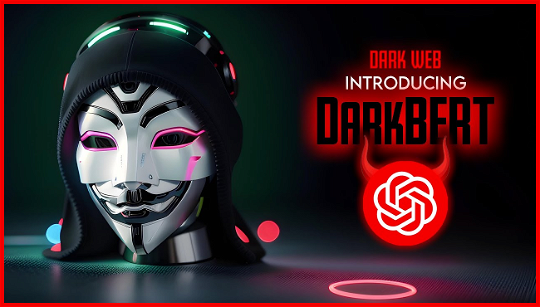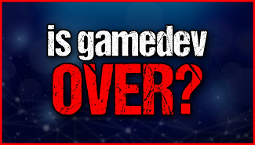The democratization of AI and the rise of WormGPT
The democratization of AI has its dark side, as individuals with ill intentions have created a new conversational tool called WormGPT based on the GPT-J language model. Cybersecurity outfit SlashNext warns that malicious actors are now using custom modules similar to ChatGPT, but easier to use for nefarious purposes. WormGPT aims to provide an alternative to ChatGPT by allowing users to engage in illegal activities and easily sell their creations online.
A report from SlashNext reveals that WormGPT essentially functions as an unguarded version of ChatGPT, capable of producing Python-based malware and providing tips and strategies for deployment. As the service can be accessed through a monthly subscription of 60 euros or an annual subscription of 550 euros, WormGPT essentially represents a more profitable, less guarded version of ChatGPT.
SlashNext’s analysis reveals that WormGPT can generate persuasive and strategically cunning emails, highlighting its potential for sophisticated phishing and BEC attacks. The development of AI agents like WormGPT demonstrates the dark side of open-source AI models, as they can be used for malicious purposes.
It is theoretically possible that WormGPT could be a honey-pot, designed to catch and identify its users. However, it is important to note that privately-developed AI agents like WormGPT may not possess the same general capabilities as OpenAI’s ChatGPT.
As AI technology continues to advance at a rapid pace and becomes more accessible, more competent private AI agents like WormGPT are expected to emerge. WormGPT is the first of its kind to gain mainstream recognition, but it won’t be the last. Staying informed about the latest developments in AI technology, both positive and negative, remains essential.














